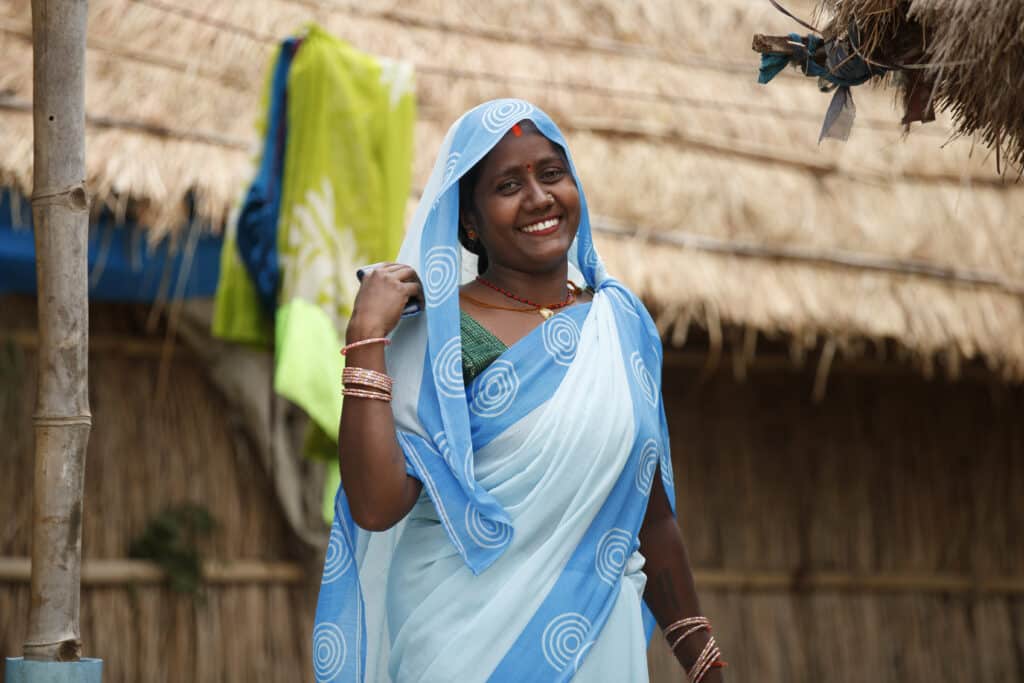Despite the existence of proven and cost-effective interventions to address malnutrition, implementation at scale remains minimal. To encourage scale-up of effective interventions, the Eleanor Crook Foundation partners with world-renowned multilateral organizations, non-governmental organizations, universities, and other partners to conduct implementation research through our RISE for Nutrition portfolio and other investments.

ECF is exclusively focused on undernutrition. We invest in a diverse range of technical areas to generate critical evidence regarding the scale up of preventative and treatment interventions. We predominantly support on-the-ground research in Sub-Saharan Africa and have had a long-standing, though not exclusive focus, on East Africa.
ECF also supports critically needed leadership and consensus building at global-level institutions around key research questions and priorities. Through investments in technical convenings, evidence synthesis, and coalition-building among malnutrition donors, researchers, practitioners and UN agencies, ECF aims to create enabling environments for the scale-up of high impact malnutrition interventions.
ECF’s Pathway to Scale Consists of Three Stages
Stage 3
Stage 2
Stage 1

Through RISE, ECF supports innovative approaches to improving nutrition outcomes at scale.
ECF’s RISE for Nutrition portfolio is a subset of the Foundation’s investment portfolio. All ECF RISE projects include considerations of scale during design, build on country-level priorities and systems, and involve key local actors in order to ensure buy-in and support at all stages of implementation research.
Highlights from ECF’s Research Portfolio
Rise IRC study shows simplified wasting protocol to be effective
Research ECF supports ENN as Thought Leader on Malnutrition Issues
Research Insights on successfully designing for scale from scaling expert, Larry Cooley
For the latest updates on the Eleanor Crook Foundation’s efforts and funding opportunities, please sign-up for our newsletter.
More on ECF's Research
Attributions
Header Image – © UNICEF/Naftalin
Image 1 – © WFP/Awadh




